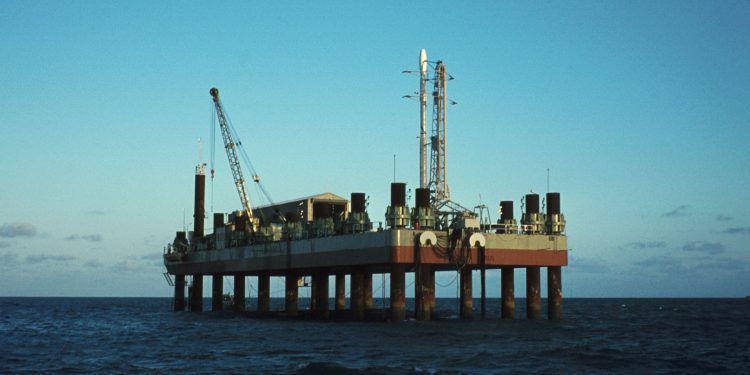Kenya and Italy will restart the Luigi Broglio Space Centre in Malindi to launch Earth observation satellites, Italian Industry Minister Adolfo Urso said at a press conference on Sunday.
The centre, 30 kilometres off the coast of Malindi, produced more than 28 bombs between 1967 and 1988 but has since fallen into disuse.
Kenya has successfully launched three satellites into space since 2018, but the deployment was overseas, despite being in territorial waters.
Urso visited Kenya in early October. He and Cabinet Minister Soipan Tua visited the airport and set up a museum.
- Advertisement -
“The idea is to give a new, more ambitious mission to this base and use it for the launch of low-orbit microsatellites for Earth observation, particularly for climate change phenomena such as desertification,” Urso added on the eve of the 75th International Astronautical Congress.
He added that the aeronautics centre would be used to train scientists, students and professionals. Rome’s interest in the region is part of Mattei’s plan, which sees Italy using its experience and expertise to train scientists and promote space policy across Africa.
“An Italian agency could still train African astronauts, the first Kenyan astronauts in history, just as it trains Italian astronauts today,” Urso said in Kenya in early October.
The space expansion plan comes at a time of intense competition for satellite and space capacity, with constant global changes due to the huge demand and deep demand for Elon Musk’s Space X. Space competition has had a significant impact on defence capabilities and activities such as communications and agriculture.
Kenya has launched three satellites as of 2018, but only one is still operational. The first, KUNS-PF (First Kenya University Nanosatellite – Pioneer Flight), is a nanosatellite designed for experiments. It deorbited on June 12, 2020. The latest is Taifa-1 Sat, which was launched in 2023 from Vandenberg Space Force Base in California on a Space X Falcon 9 rocket. The satellite was designed by Kenyan scientists and built by Bulgaria’s Endurosat. The cost of all projects is in Kenyan shillings. 50 million. Departures were cancelled three times due to bad weather conditions










